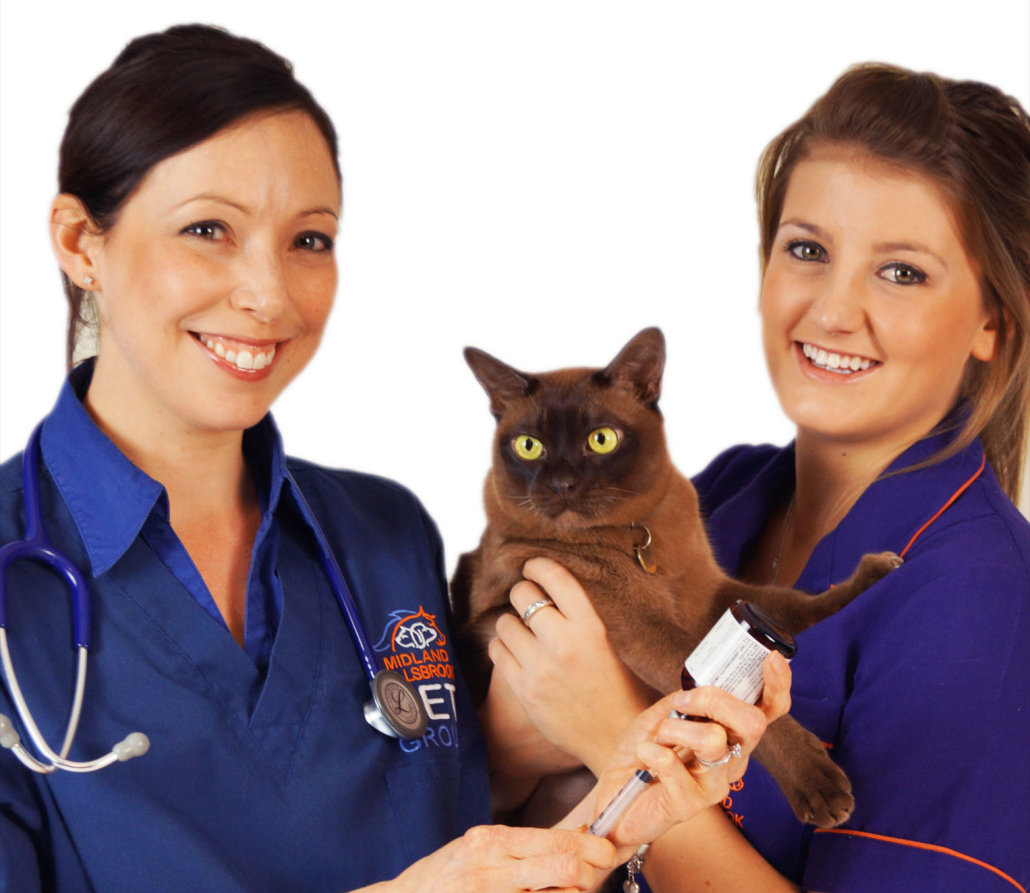Anaesthesia and Your Pet
Like you, our greatest concern is the well-being of your pet. If your pet has been scheduled for a procedure requiring an anaesthetic, we recommend you read the following.
Admission
On the day of your pet’s surgery, they will need to be admitted into hospital for the day. This process generally takes 10-15 minutes and is done by one of our nursing staff. We do require a consent form to be filled out and signed for each surgical procedure. It is vital that the correct contact details for the day are checked and filled in. The nurse will also take some time to go through some optional/recommended procedures that may accompany the surgery. These include:
- Vaccination/ deworming
- Microchipping
- Sterilisation Tattoo placement
- Intravenous Fluids
- Pre-anaesthetic blood tests
Pre-anaesthetic blood testing
A full physical exam is done on your pet by one of our vets, prior to anaesthesia. There is always a possibility that a physical exam alone will not identify all of your pet’s health problems, so we recommend a pre-anaesthetic profile for all pets to be performed prior to anaesthesia. These blood tests are very similar to what your own doctor would run if you were to undergo anaesthesia yourself. We generally can run these on the same day your pet’s anaesthetic is scheduled.
Reasons to test:
- To assure proper kidney and liver function; as they are primarily responsible for anaesthetic metabolism in the body
- To assure adequate oxygen carrying capacity of the red blood cells
- To ensure adequate platelet levels for blood clotting
- To identify “early warning” signs of major blood and organ dysfunction
It is important to understand that a pre-anaesthetic profile does not guarantee the absence of anaesthetic complications. It will however reduce the risk of complications as well as identify medical conditions at an earlier stage.
Intra-operative intravenous fluid therapy
In addition to performing pre-anaesthetic tests, we also recommend placement of an intravenous catheter to allow administration of intravenous fluids throughout the procedure.
Reasons for intravenous fluid therapy
- Supports the liver and the kidneys by preventing a fall in regular blood pressure, this can be more common in an older patient
- Maintains blood pressure throughout the anaesthetic. Up to 80% of all patients undergoing a general anaesthetic will experience a significant drop in blood pressure that could be detrimental to organ function.
Discharge from Hospital
We request that you call the surgery at about 4 pm to check on your pet. The nurse will advise you of your pets progress and book a time for you to collect them. This is usually after 4 pm, although we are open later so it is possible to collect your pet at a time up to 6 pm if required. Most pets go home the same day of surgery. Some need to stay overnight and this can be discussed with the vet. You will be given an appointment time to see one of the vets or a nurse and to discuss the care of any wounds, sutures or bandages, as well as when to return to have theses changed or removed.
Please don’t hesitate to ask one of our staff if you have any question or concerns.




